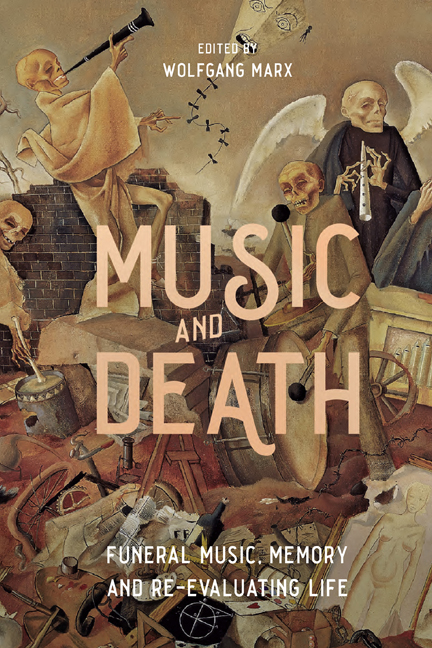9 - The Day the Music Died: Searching for New Practices of Sharing in the Aftermath of the Death of a Composer in Western Art Music
Published online by Cambridge University Press: 12 January 2024
Summary
In January 2016 news reported the death of Pierre Boulez. He was a major figure in contemporary Western art music from the 1950s onwards in varied roles as conductor, writer, and influential cultural figure in addition to being a composer. There was a shared sentiment amongst friends and colleagues working in Western art music that the twentieth century was truly over with his death.1 Boulez was ninety and had been ill for some time, and his death was inevitable; but the most striking fact was that it took more than fifteen years for many of us to gain a sense with certainty that twentieth-century music had gone. Six years on from his death, we may ask: what does the death of a composer signify as a concrete event within a span of time, for a cultural practice such as the performance of contemporary Western art music? This question provides the starting point for looking closely into the subtly changing ways in which musicians and audience share the music in the aftermath of the death of a composer.
Boulez's death reminds us of another prominent composer of the twentieth century, John Cage. Cage died in 1992. It can be said that the passing of time has been kind to Cage, and his music thrives today. Has the practice of his music changed, before and after his death? What can we learn from his case that may apply to Boulez's and other recently deceased composers? The assumption made in the discussion is that the death of a composer does not bring a closure to its musical practice. The 1972 song American Pie by singer- songwriter Don McLean has a repeated phrase ‘the day the music died’, referring to the airplane crash which killed Buddy Holly and two of his band members in 1959; in this context the death of the musicians marked the end of a music-making community, bringing with it an inevitable end to its own cultural values and lifestyle. The death of musicians who perform their own music – rather than that of the producer – evokes the end of that music in the minds of the audience because the identification of the performing musicians with the music is the strongest or the most publicly recognizable.
- Type
- Chapter
- Information
- Music and DeathFuneral Music, Memory and Re-Evaluating Life, pp. 170 - 183Publisher: Boydell & BrewerPrint publication year: 2023



